Liquor Policy And Business Review
February 12, 2015 | by Dennis Coates QC
Maximizing LRS Values and Bankability
The separation of LRS and LP licenses in December has created great opportunities to maximize LRS values and make them more bankable. It is essential that Third Party Use Agreements as they relate to LRSs be replaced with a transfer of the LRS license. If both licenses are operated by the same company, one should be transferred into a new company. The accountants need to be involved to deal with valuation, capital gains and timing. Subleases, where they exist in connection with the LRS Third Party Use agreement, should be replaced by head leases. The intent is that all aspects of the two operations should be entirely separate, including bank accounts, employees and all contractual obligations or guarantees. Banking should be separated out for the two entities.
The above steps will ensure that sale of one of the businesses, family, estate or tax planning and management can be done with fewer complications. It may take one or two fiscal year ends to accomplish the above but the benefits are there to be had.
The valuation of the two entities continues to be a an inexact science. The multiples of net income for valuation will fluctuate based on geographical location, level of gross income, competition from either public or private stores, margins and trends. There are many examples of liquor store pricing in certain municipalities which results in low income levels and increased expenses, which again affects the valuation formula. The current trend seems to be that LP operations with a high dependence on food attract less interest from buyers and banks and as a result don’t sell at a multiplier much more than 3 to 4 times net income
Licensing Audits
It is recommended that every year a checklist of items be reviewed to ensure that issues don’t arise that could affect your license and your business. The matters that should be on the list would include license renewal, ensuring that any ownership changes have been reported to the LCLB, ensuring that any facility changes have been reported to the LCLB, reviewing employee contracts and details including WCB matters, and ensuring that staff training and notification systems are reviewed and updated and that matters such as incident logs are regularized.
Third Party Use Agreements
The separation of LP and LRS licenses has to a great extent eliminated the necessity of Third Party Use Agreements. As a result of a legal dispute involving some of the Liquor Depot Stores, there is currently a cloud of uncertainty over the agreements which are used. The issue is the meaning of the term ‘business’. The Act requires that a licensee must be fit and proper, have an interest in the property or premises by way of lease or ownership, and own the business. Another section anticipates allowing someone to use your license as long as the arrangement is approved by the Branch. In the past, this has been interpreted as meaning that the licensee would retain the interest in the property and retain ownership of the license. There is currently uncertainty over what else must be retained or what kinds of financial arrangements are acceptable. It may be the safe course of action is to submit the actual agreement to the Branch for their approval.
Share this article:
Get your interests represented
As one of the largest law firms in the Interior, our lawyers have a broad range of specializations, ensuring that we have the experience to competently and professionally represent you.

